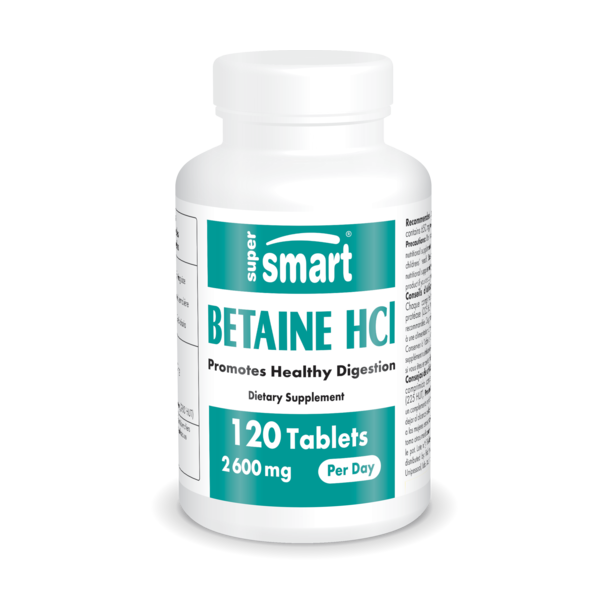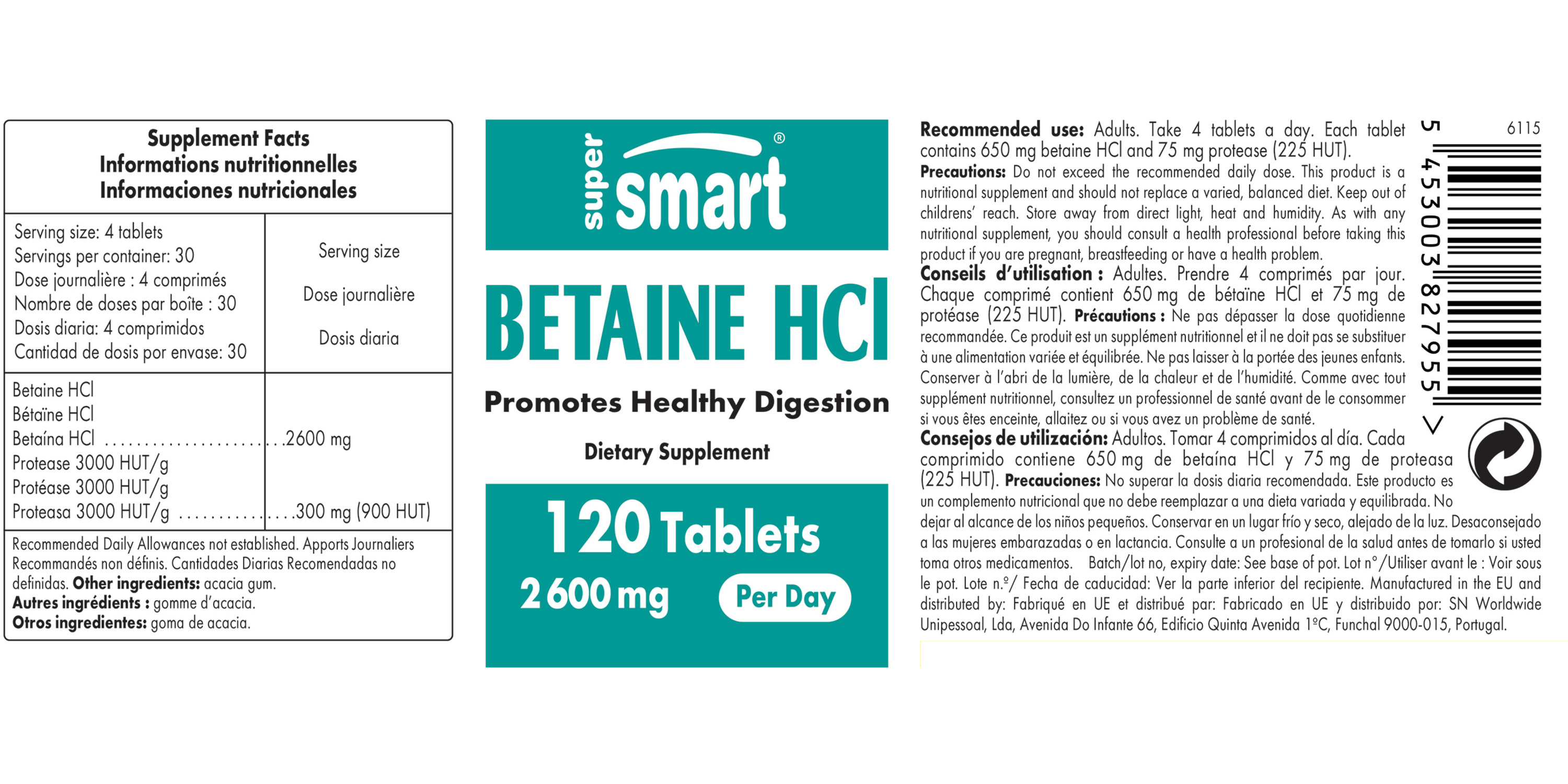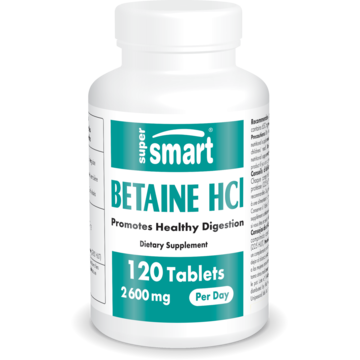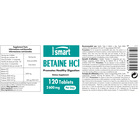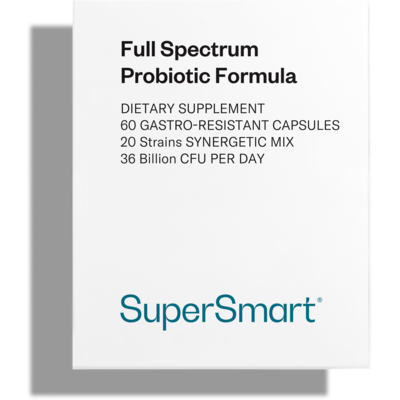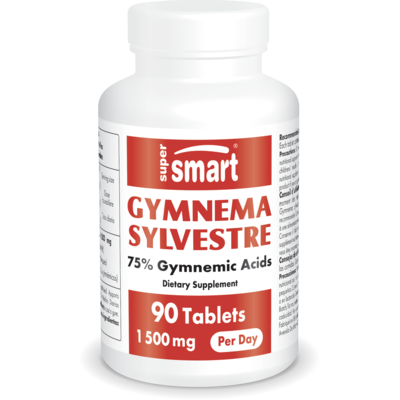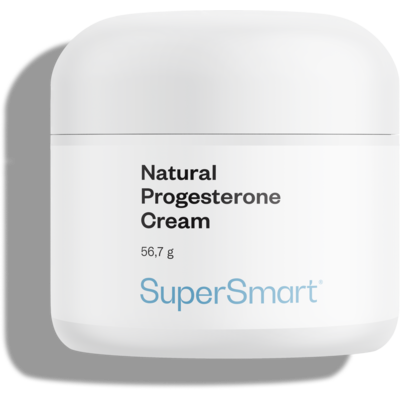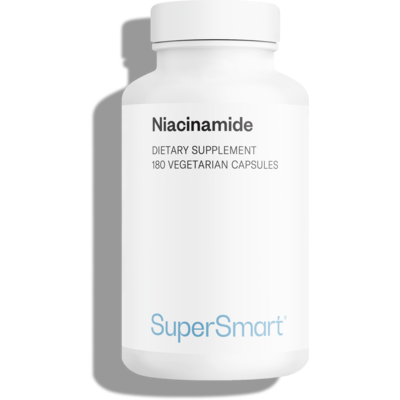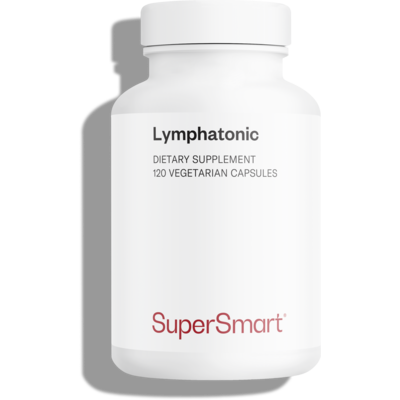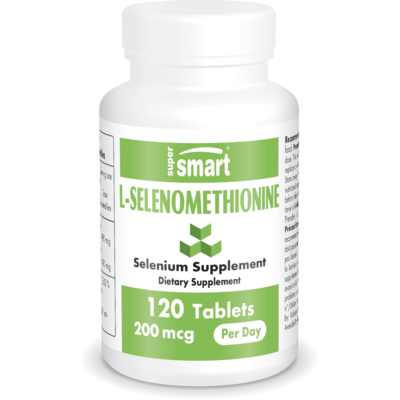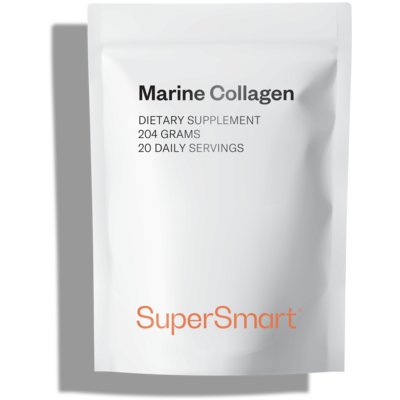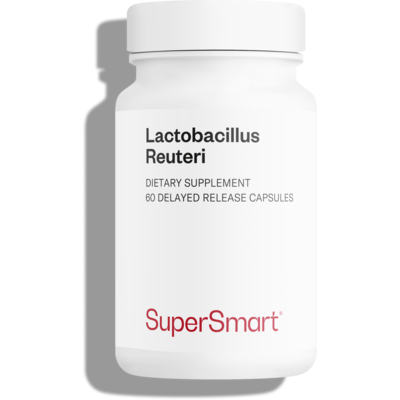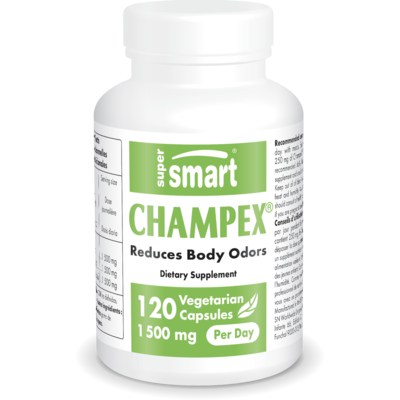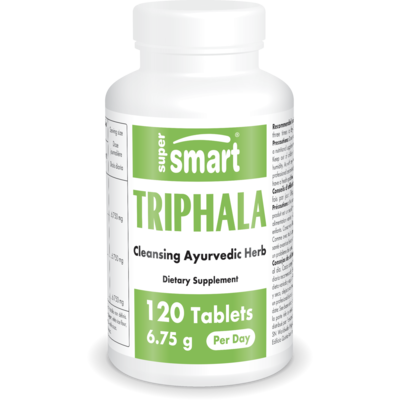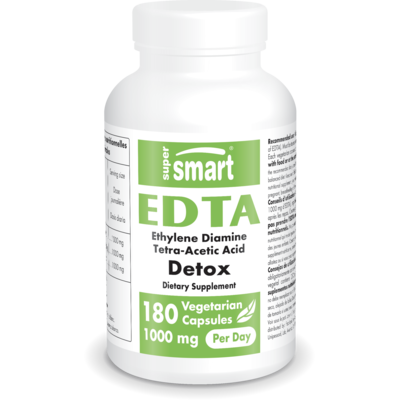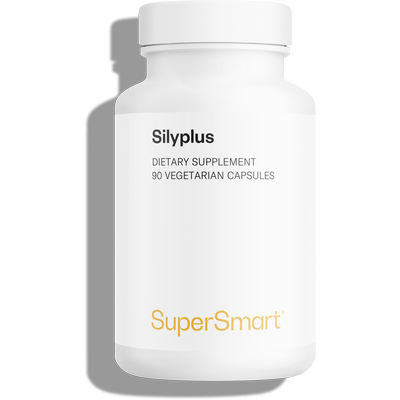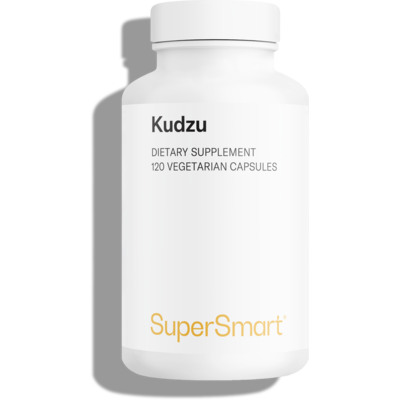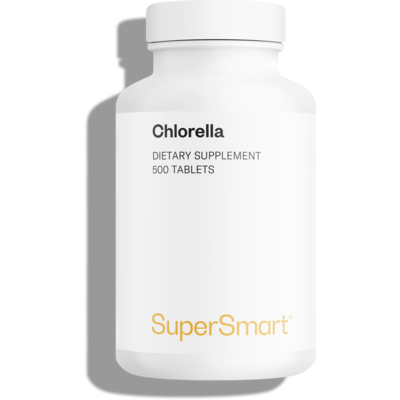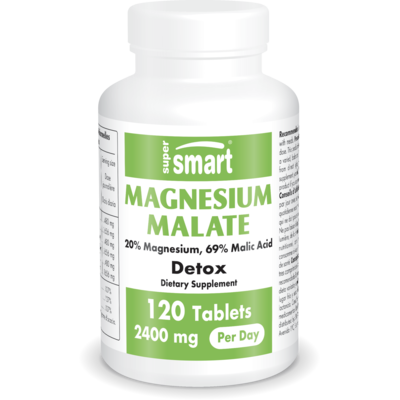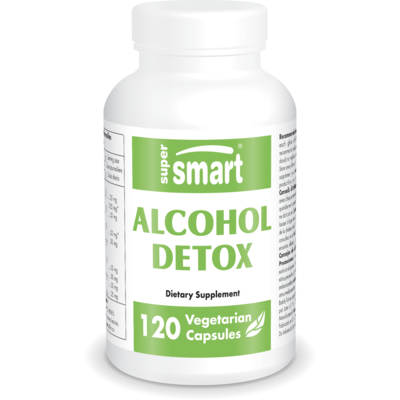Create Your Offer
The betaine HCL supplement is a natural stomach acidifier made from betaine, an alkaloid found in foods, such as beetroot. It is designed to compensate for the decline in gastric acidity typically seen after the age of 50. It provides benefits for digestion, nutrient absorption, and the prevention of gastrointestinal infections. The supplement is enzymatically stabilized to ensure it remains effective over time.
What Is a Hydrochloric Acid Supplement?
Betaine HCL increases hydrochloric acid levels in the stomach. These acids are required to aid proper digestion and assimilate nutrients from food. When the body has the appropriate amount of hydrochloric acid, digestion operates normally and the body can absorb both amino acids and proteins.
Digestive acids are also needed to extract Vitamin B12 from food. For people with low acid levels, it might be helpful to take betaine HCL to increase the amount in the stomach and maintain healthier GI function.
For many years, betaine hydrochloride was used in over-the-counter products, such as digestive aids and stomach acidifiers. Now, it is only found as a dietary supplement.
While research varies, customers use betaine hydrochloride for a variety of ailments. Some people use it for hypokalemia or low levels of potassium. It has also been used for hay fever, asthma, anemia, atherosclerosis, diarrhea, yeast infections, gallstones, rheumatoid arthritis, food allergies, inner ear infections, and thyroid disorders. Otherwise, consumers take it in hopes of protecting their liver.
Taking a betaine HCL supplement is deemed relatively safe, allowing people to improve overall well-being without worrying about negative side effects.
What does Hydrochloric Acid in the Stomach do?
Once food moves down the esophagus, it enters the stomach, the lining of which immediately secretes hydrochloric acid. This highly acidic fluid is produced at a rate of around two liters a day by parietal cells every time we eat. It is strong enough to destroy the vast majority of bacteria that enter the digestive tract along with food.
Its main role, however, is to promote protein digestion by activating pepsin. Secreted by other stomach cells, this digestive enzyme is only effective in highly acidic environments.
How is the stomach able to withstand the corrosive effect of hydrochloric acid? Its inner walls are coated with a protective layer of mucus produced by certain stomach cells. When production of this mucus is inadequate, however, the gastric mucosa rapidly erodes, potentially resulting in ulcers or gastritis. If nothing is done to address it, the acid may even perforate the stomach wall, allowing its contents to pass into the abdominal cavity and cause peritonitis.
What Happens if the Stomach Fails to Produce Enough Hydrochloric Acid?
Pepsin, the active dietary protein-digesting enzyme of the stomach, is no longer activated, causing the start of digestive problems.
Hydrochloric acid has four fundamental roles:
- To break down proteins into essential amino acids and micronutrients through activation of pepsinogen.
- To stimulate the pancreas and small intestine in order to support the production of digestive enzymes and bile, both of which are essential for carbohydrate and fatty acid digestion.
- To promote absorption of iron, zinc, magnesium, folic acid, as well as Vitamins C and A.
- To prevent infections by killing pathogenic bacteria and yeasts present in ingested food.
Scientists have thus shown that one of the deadliest forms of pathogenic bacteria, E. coli, is inactivated when the stomach is sufficiently acidic. Conversely, research has also demonstrated that inadequate levels of acidity are associated with rapid invasion of the colon by microorganisms, leading to a range of uncomfortable gastrointestinal problems.
What Causes Inadequate Production of Hydrochloric Acid (Hypochlorhydria)?
Hypochlorhydria, or a lack of hydrochloric acid, is much more widespread than you might think. Normal stomach acidity corresponds to a pH of 1-2. But research shows that as we age, the stomach's parietal cells produce less hydrochloric acid, and our pH rises. In fact, it is estimated that 50% of those over 60 have an inadequate level of stomach acidity. By the age of 85, this proportion rises to almost 80%. What is more, additional factors that can exacerbate the situation:
- Infection by Helicobacter pylori (one in two of us may be affected, most without realizing it).
- Repeated use of antacid medication to treat acid reflux (proton pump inhibitors).
- Immune system problems such as pernicious anemia, a disease in which antibodies attack the parietal cells that produce acid.
What are the Effects of Low Stomach Acidity?
The effects of inadequate acidity spill over into many of the body's functions:
- Inefficient digestion, leading to deficiencies and a general weakening of the body. The decline in acid production results in low levels of activated pepsin. This makes digesting proteins very difficult and causes deficiencies that are damaging to our general health. In addition, undigested proteins acidify the blood, causing alkaline minerals to leach from the whole body, including the bones, a process that plays a key role in the development of osteoporosis.
- The proliferation of bacteria in the gut. Studies show that low gastric acid levels lead to a bacterial proliferation in the small intestine, causing numerous digestive problems, notably Small Intestinal Bacterial Overgrowth, or SIBO. Sufferers of SIBO complain of bloating, flatulence, belching, and abdominal pain. Undigested proteins are also a source of toxins in the gut and may contribute to the onset of other chronic intestinal problems.
- Problems with absorbing medication. Stomach acidity is a key factor in the dissolution and solubility of a number of drugs.
In addition, a number of health issues are linked to problems with gastric acid production, particularly allergies, asthma, and gallstones.
How Does a Betaine Hydrochloride Supplement Help with Liver Detox?
Betaine hydrochloride can also aid the process of detoxing the liver. Research shows betaine HCL helps the liver digest fats or lipids. If fat begins to accumulate to dangerous levels from various conditions, such as diabetes, obesity, or alcohol abuse, it can put your health at risk. However, betaine breaks down and removes the fats, allowing for new ways to detox the liver.
Additionally, betaine can allow the liver to dispose of chemicals and toxins to further prevent damage to the digestive tract. Toxin exposure also leads to other bodily damage that could otherwise be avoided.
Some studies reveal that betaine HCL protects the liver from hepatotoxins, such as carbon tetrachloride and ethanol. These hepatotoxins or toxic chemical substances damage the liver and then enter the body through medications, pesticides, and herbicides used on plants or crops. You can also experience liver damage from alcohol.
When we ingest non-organic foods that have been sprayed with these toxins, we contribute to the build up in our livers. That is why many consumers turn to betaine capsules to prevent liver damage. If you are noticing signs of liver damage, a betaine HCL capsule may help.
While not everyone recognizes the signs, liver damage symptoms often include the following:
- Jaundice;
- Abdominal pain/swelling;
- Swollen legs and ankles;
- Itchy skin;
- Chronic fatigue;
- Nausea/vomiting;
- Dark urine color;
- Pale stool color;
- Loss of appetite;
- Bruising easily.
Are there any Contraindications to these Betaine HCl Capsules?
Betaine hydrochloric acid supplements are not recommended for those suffering from ulcers, nor should they be taken by pregnant women experiencing problems with stomach acid, or those taking antihistamines (H2) or proton pump inhibitors like omeprazole or other generic forms.
The tablets should not be crushed into food and alcohol should be avoided while taking them. Consult a health professional before supplementing if you are taking anti-inflammatory drugs, such as NSAIDs, aspirin, or ibuprofen.
Betaine hydrochloride is a supplement that has been used for more than a century for naturally restoring gastric acidity and supporting digestion. Betaine is considered to be a completely natural, safe substance, found in a wide variety of foods such as beetroot, spinach, and whole grains.
It offers a range of benefits:
- It helps maintain the body's water and salt levels.
- It protects cells and their constituents from environmental stress.
- It helps protect the liver from hepatotoxins such as ethanol or carbon tetrachloride.
- It has a beneficial effect on hepatic steatosis (fatty liver), painful gallstones, and hyperglycemia.
- It helps improve brain activity, primarily as a result of its role in the methionine cycle.
- It enhances physical and athletic performance, mainly due to its ability to increase the body's levels of nitric oxide.
Look no further on where to buy this supplement when you want to improve your digestion. Buy betaine HCL capsules from SuperSmart to compensate for the decline in gastric acidity.
WARNINGS
Do not exceed the recommended daily dose. This product is a nutritional supplement and should not be used as a substitute for a varied and balanced diet or a healthy lifestyle.
STORAGE
Store in a cool, dry place away from direct sunlight, heat, and humidity. Keep out of reach of children.
PREGNANCY AND MEDICAL CONDITIONS
If you are pregnant, breastfeeding, or have any medical conditions, consult your healthcare provider before using this product.
SUPPLEMENT INTERACTIONS
Consult your healthcare provider before use, especially if you are taking any medications or other supplements as there may be potential interactions.
Need Help?
Phone
+1 (786) 522-3907
From 9 am to 6 pm (EST)
You May Also Like

